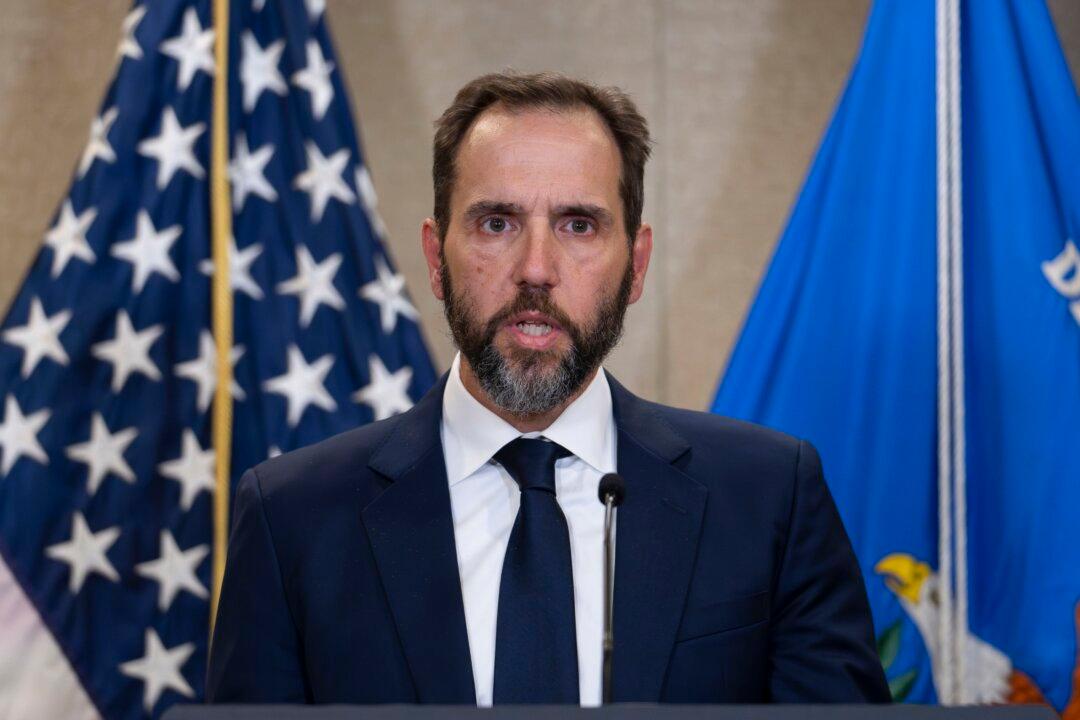A federal judge on April 4 rejected a request from special counsel Jack Smith after he warned her of potential consequences.
Mr. Smith, appointed by Attorney General Merrick Garland, told U.S. District Judge Aileen Cannon earlier this week that she could face an order from a higher court if she did not change her directive on preparing jury instructions for former President Donald Trump’s upcoming trial.





